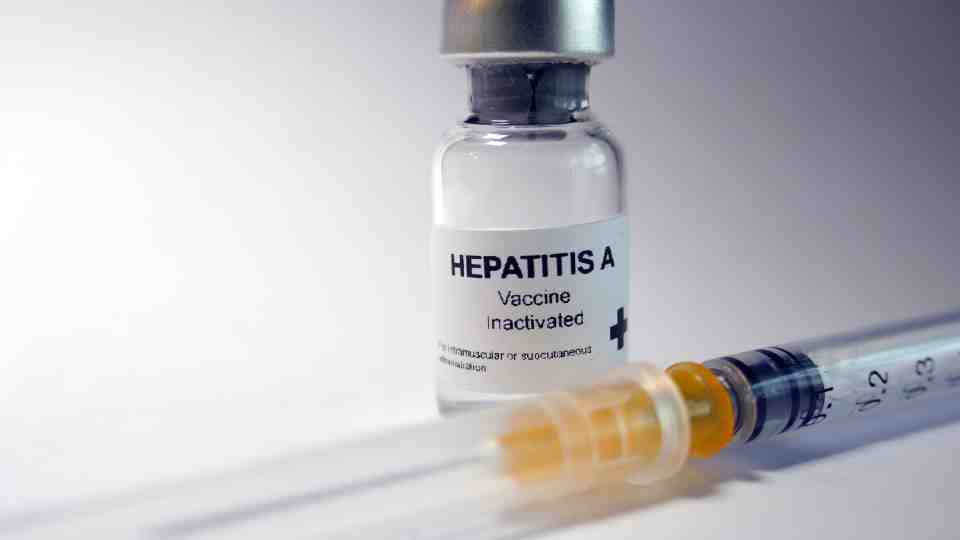Hepatitis A
Hepatitis A is a viral infection that primarily affects the liver, causing inflammation and impacting its function. The virus spreads through ingestion of contaminated food or water, as well as through direct contact with an infected person. While rare in the UK, hepatitis A is more common in low-income countries where sanitation and hygiene practices may be inadequate. High-risk regions include the Indian subcontinent, Sub-Saharan Africa, parts of the Far East, South and Central America, and the Middle East. Certain groups, such as long-stay travellers, those with existing medical conditions like liver disease, men who have sex with men, and people who inject drugs, are at an increased risk of acquiring the virus. Preventative measures, such as maintaining good hygiene and avoiding unsafe food or water, are crucial when visiting areas where hepatitis A is prevalent.

Symptoms
The symptoms of hepatitis A can vary significantly between individuals. In young children, the infection is often asymptomatic or mild, but in adults, it can cause more severe illness. Symptoms may include fatigue, nausea, vomiting, loss of appetite, diarrhoea, and fever. Jaundice, characterised by yellowing of the skin and eyes, typically appears about a week after initial symptoms begin. The duration of the illness can range from weeks to several months, and dehydration is a common complication. Despite the potentially severe symptoms, recovery from hepatitis A usually results in lifelong immunity to the virus. Early diagnosis and supportive care are essential for managing symptoms and preventing complications.

Vaccination
The hepatitis A vaccine is highly effective in preventing the disease, particularly for travellers heading to high-risk regions. The vaccine is available as a standalone immunisation or in combination with vaccines for other diseases such as hepatitis B or typhoid. A completed course of the hepatitis A vaccine provides long-term protection, with studies suggesting immunity lasting at least 25 years and possibly lifelong. However, Public Health England currently advises a booster dose after 25 years for individuals with ongoing risk of exposure, as evidence on indefinite immunity is still being evaluated. For those with weakened immune systems, earlier booster doses may be necessary.
If you’re wondering how long does the vaccine for hepatitis A last, it’s essential to consult our team of healthcare professionals for tailored advice and guidance on maintaining protection.
Book Now
Book your appointment with us today to receive your vaccine and other essential travel vaccinations. Let us help you travel with confidence and peace of mind.


